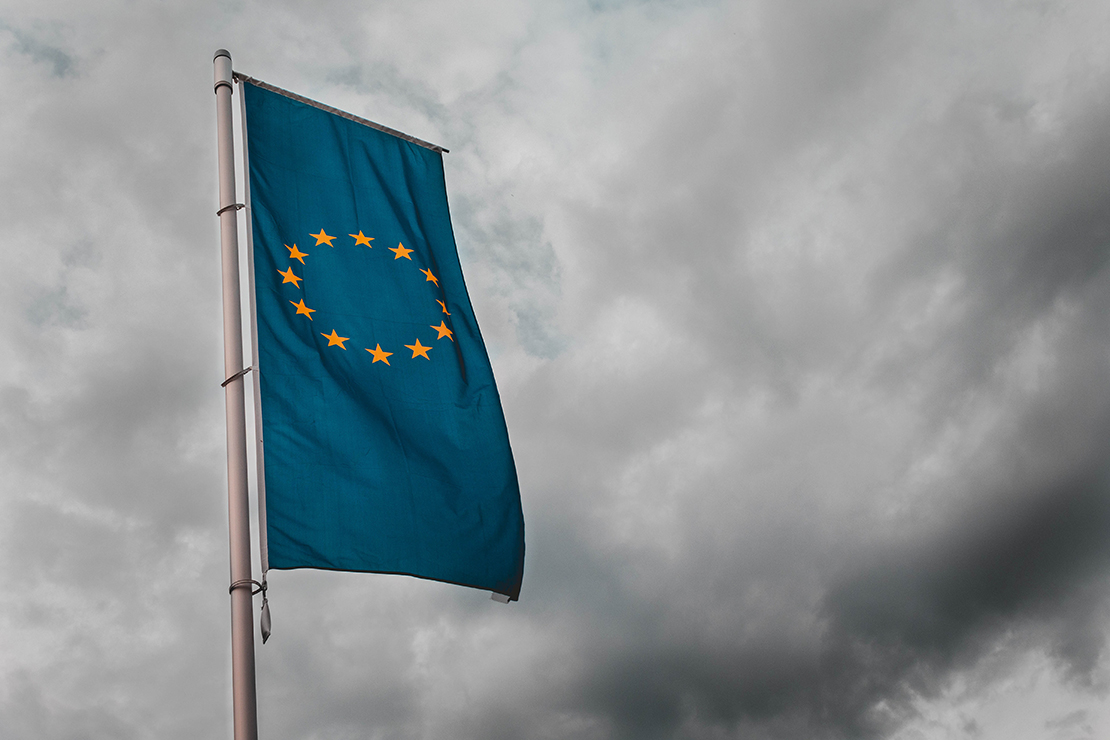German Presidency and the Engagement with the Balkans
September 17, 2020
Authors

Mehdi Sejdiu
Political parties, Migration, European integration, Public Policy, Foreign PolicyOn the first of July 2020 the Croatian Presidency of Council of the European Union passed on to Germany, who assumed the rotating six-monthly presidency. The German Presidency finds Europe in the midst of a pandemic that has significant socio-economic impact. Notwithstanding, the presidency program is largely a reflection of that. The guiding principles of the program include overcoming the Covid-19 pandemic and economic recovery, more innovative and fairer Europe, sustainability, security and common values, and a stronger Europe in the world. The Balkans are not found in the priorities of the program: they are seen more as a foreign policy goal along with among others a positive transatlantic agenda, the China policy, the European African Agenda.
In the speech on the German Presidency of the Council, Chancellor Angela Merkel laid out the plan for the six-month Presidency. The speech referred to the Balkan in relation to an accession conference with at least North Macedonia, and “perhaps, Albania too”, and to the drafting of a negotiation framework for both countries. Serbia and Montenegro are planned to continue their accession process. Kosovo and Bosnia and Herzegovina are not mentioned once in the program. The Kosovo-Serbia dialogue, albeit important for the EU, does not find a place in the program of the German Presidency.
To understand the prospects of the Balkans during this six-month Presidency, we need to review where the Croatian Presidency left the region. Before doing so, it is however worth noting that since the Lisbon Treaty the role of rotating presidencies in the Council Presidency has significantly weakened. The acting Presidency usually inherits major issues and have little agenda setting power. Looking at the current program of the Presidency, the challenges posed by the novel coronavirus and the economic recovery are likely to overshadow the Western Balkan Agenda.
Share article
Latest Publications
April 24, 2024
Policy Analysis
Tracking Kosovo's Commitment: Monitoring Adherence to the Venice Commission Rule of Law Checklist in ...
April 8, 2024
Policy Analysis
Reflecting on the Third Year of Kurti II: Setbacks and Achievements in Rule of Law, Public Administr ...
March 22, 2024
Policy Analysis
Lost, “in the Twilight Zone” Rebutting the Court’s Blunder
Related Espresso Insights
March 4, 2024
Espresso.Insights
Passport Hangover: What’s next after Spain’s Kosovo breakthrough?

January 16, 2023
Espresso.Insights
Recognized but not supported: Hungary's stance on Kosovo's EU bid






